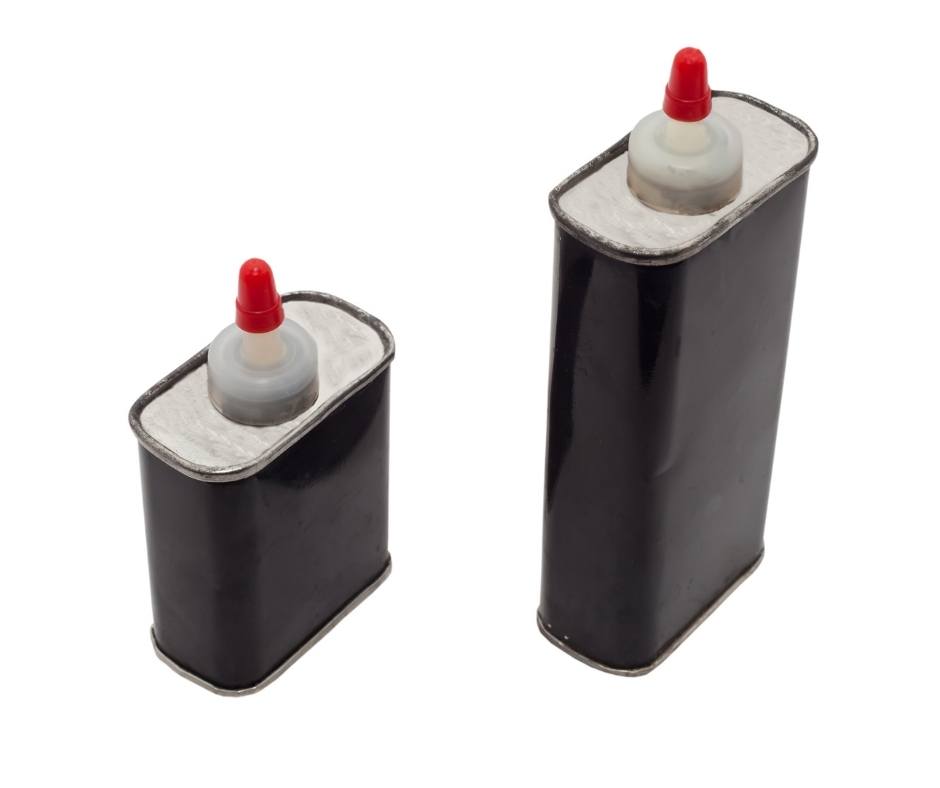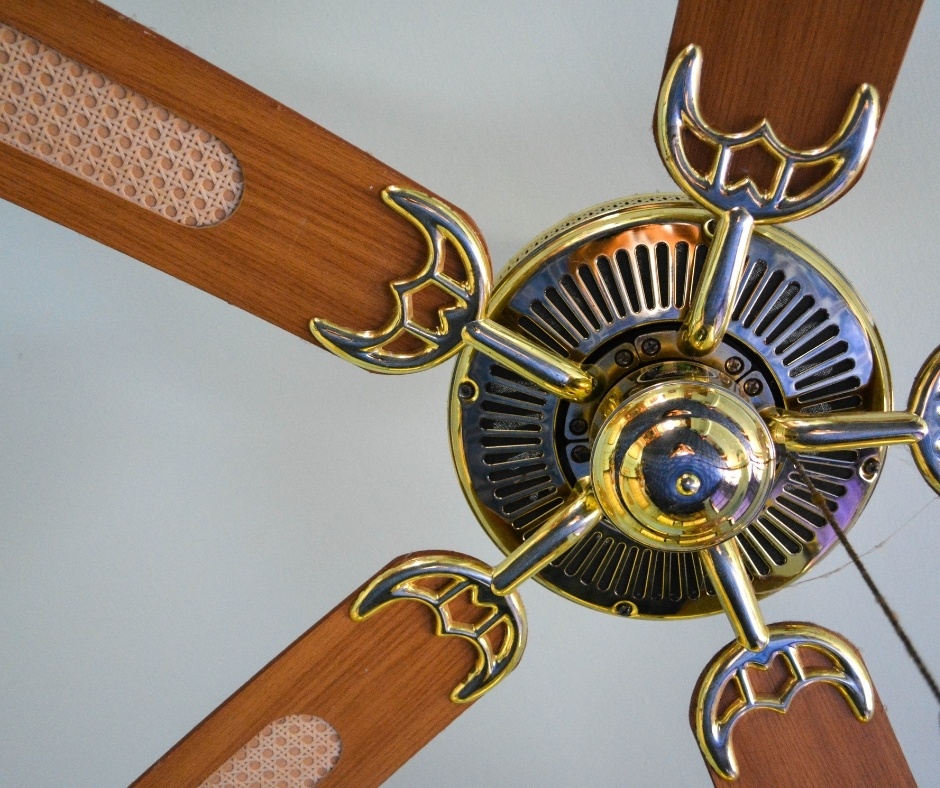Ceiling fans are supposed to look great while helping air circulate in your home. What they aren’t supposed to do is make noise. So, if your ceiling fan is making noise, it’s a sign that something is wrong.
If there’s something wrong with your ceiling fan, it might make a noise that sounds like humming. Since it spins so quickly, there are several different reasons this may be happening. Some of the causes could be mechanical while others could be electrical.
We researched the issue and put together this guide to help you identify why your ceiling fan is humming and what you can do about it. Fortunately, most of the fixes are easy and cheap.
5 Reasons Your Ceiling Fan is Humming

Everyone has a different definition of what is meant by humming, and every fan will make different sounds depending on what is wrong. Most ceiling fans hum because of a mechanical issue, not an electrical one.
Let’s take a look at the most common causes of ceiling fan humming and what you can do about it.
- Start with the blades. They’re the easiest parts to check and the easiest to replace.
- Check the bearing lube. On the top of the fan housing unit, you can access the bearings that help the fan spin smoothly. If the oil that lubricates the bearings dries up, the fan will start to sound like it’s humming as it spins.
- Check if you have a screw loose. As the fan spins over time, some of the screws holding it together will move out of position. If you notice the humming getting a little louder, it could be because a screw or two is getting progressively looser.
- Where the fan meets the ceiling. Even if your screws are all tight, any motion where the fan is mounted to the ceiling could create noise. There is a little layer of rubber between the fan and ceiling mount that could wear or even rip if the fan moves unevenly for some time.
- Check the controls. One electrical issue that can cause humming is that a switch intended to control the brightness of the lights is instead wired to control the fan speed. This can not only cause a humming sound, but it can also cause your motor to overheat and burn out.
Wooden fan blades will warp over time, especially if you live in a humid environment. And, a warped blade spinning through the air will create a sound like a hum. This will also happen with blades that are cracked or out-of-balance.
If you find a blade that’s cracked or warped, you’ll need to replace the entire set. In addition, you should check to see if the blades are balanced.
To do this, measure the distance from the ceiling to the tip of each blade. If one is more than a third of an inch higher, tape some coins to the top of it until all the blades are even. Your fan may have also come with a rebalancing kit, so you can use that.
To combat this issue, spray some WD-40 on a cloth and wipe the bearings down as best you can. Occasionally, dust will build-up on them, which makes it even harder for the fan to spin. So, give the bearings a couple drops of oil to lubricate them.
Check all the screws, including the ones where the fan is mounted to the ceiling. However, you don’t need to tighten them so much that it’s impossible to unscrew them. Instead, firm them up a bit to see if that stops the humming.
We recommend inspecting the area where the fan is mounted to the ceiling. Double-check the rubber spacer between the fan and mount to make sure it isn’t worn.
If your dimmer switch is wired to control the speed of the fan, we recommend fixing that immediately. Rewire it so that the dimmer switch only controls the lights.
Why is my Fan Humming but not Turning?

A fan that is humming is one thing, but a fan that’s humming and won’t spin is a whole new issue. It’s not serious in terms of physical danger, but you didn’t go to the trouble and expense of buying the fan just so it would hang from your ceiling not moving.
There are three primary reasons why a fan might be making a humming sound and not spinning. Two of them are mechanical and one is electrical. We’ll go through the mechanical causes first because those are generally the easiest to address.
First, try spinning the blades with your hand. If they won’t move, the bearings in your fan unit likely need a cleaning and new lubricant.
Spray a cloth with WD-40 and wipe the bearings down. You can access the bearings from the top of the fan unit housing. Dust particles can accumulate on them and, when too much accumulates, it makes it difficult for the fan to spin.
Apply a few drops of oil to keep them moving.
Another common mechanical cause is that the internal gears are stripped. This is a sign of a problem that has gone unaddressed for some time. Unfortunately, there isn’t anything you can do about it except replace the fan unit.
The most common electrical cause is a blown capacitor. Ceiling fans use a capacitor to provide an initial jolt of energy to get the blades spinning. If that capacitor is blown or worn out, the fan can’t produce that initial surge it needs to get it moving.
Replacing a blown capacitor isn’t difficult, but working with electrical components does carry a risk. So, make sure you turn off the power at the breaker box before disassembling the fan.
Remove the cover to the fan unit and look for a capacitor that is swollen or misshapen. That is a sure sign that it is no longer working properly. Then, you’ll need to get an exact replacement. Your fan is designed to operate with specific components, so you’ll want to use the correct parts.
Swapping out a capacitor isn’t difficult. You just unscrew it and put the new one in.
Conclusion

A ceiling fan that makes a humming sound can be an annoying distraction when you’re just trying to relax. It’s also a sign that something is wrong with your fan.
The good news is that most problems are easy to fix, including ceiling fans that hum and don’t spin. There is probably no need to make a service call, which would cost you more money than it would to replace the fan.
We hope you’ve learned something about why ceiling fans make humming sounds and what you can do about it. If you did, feel free to leave a comment below. We also invite you to share this article on your social media networks.

